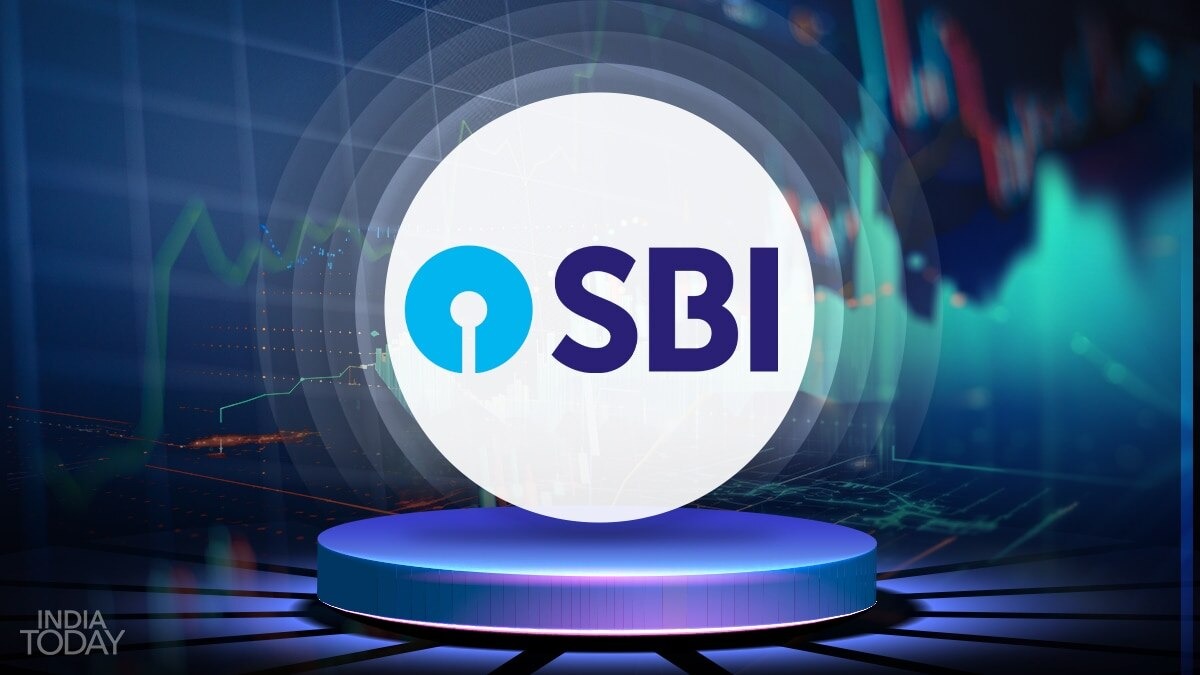State Bank of India (SBI), the country’s largest public sector bank, has lowered its interest rates on fixed deposits (FDs) and savings accounts, a move effective from June 15, 2025. This change affects depositors across various tenure slabs, with savings account rates being slashed by 5 basis points (bps) to 2.65% per annum. The revised rate applies universally, regardless of the account balance. For fixed deposits below ₹3 crore, the interest rates have been reduced by between 5 and 75 bps, depending on the tenure. Notably, the interest rate for deposits with tenures of 7 to 45 days has been adjusted to 3.00% from the previous 3.50%.
This reduction in deposit rates by SBI follows recent policy easing by the Reserve Bank of India (RBI), which has prompted several banks to adjust their rates. ICICI Bank, another major player in the banking sector, recently decreased its FD interest rates as well, offering 6.60% for deposits below ₹3 crore for tenures between two years and one day to ten years. Senior citizens receive up to 7.10% on these deposits. With the RBI’s monetary policy stance pushing banks towards these reductions, more lenders are expected to announce similar changes in the near future, reflecting a broader trend in the banking industry. This shift suggests a significant alignment among financial institutions with the central bank’s directives, affecting both regular and senior depositors.
The impact of these rate cuts extends to SBI’s special fixed deposit schemes as well. The ‘Amrit Kalash’ special FD scheme, which previously offered higher returns of 7.10% for regular customers and 7.60% for senior citizens, has now been withdrawn. For regular customers, the new FD rates range from 3.00% for the shortest tenure of 7 to 45 days, up to 6.50% for deposits between two to three years. Senior citizens are afforded an additional 50 bps over the regular rates, with their highest rate capped at 7.00% for the same tenure. These changes underscore the ongoing adjustments in the banking sector as institutions align with the central bank’s directives.
